30 Years of the smartwatch
Best smartwatches from the last 30 years
By
Rob Temple
published
in Features

Add us as a preferred source on Google
Get the T3 Newsletter
Get all the latest news, reviews, deals and buying guides on gorgeous tech, home and active products from the T3 experts
By submitting your information you agree to the Terms & Conditions and Privacy Policy and are aged 16 or over.
You are now subscribed
Your newsletter sign-up was successful
An account already exists for this email address, please log in.
Subscribe to our newsletter
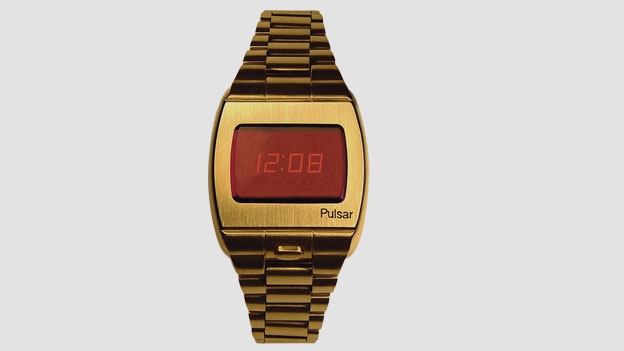
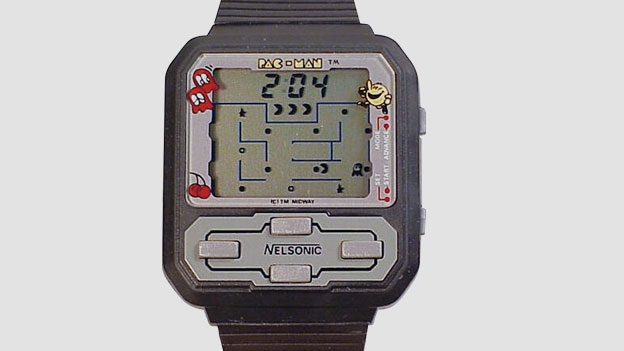
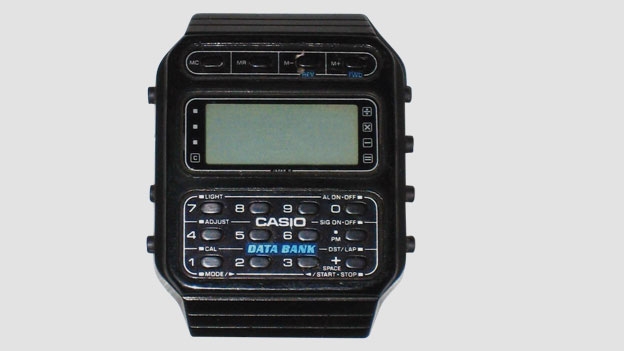
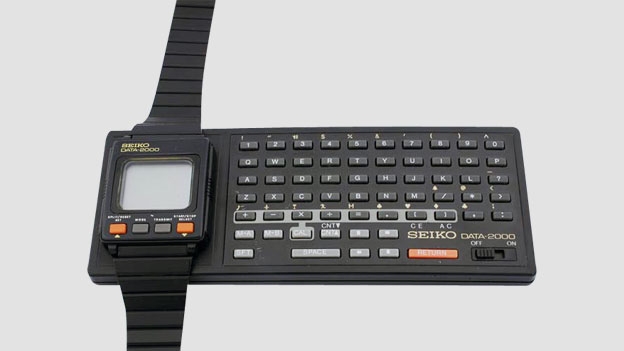
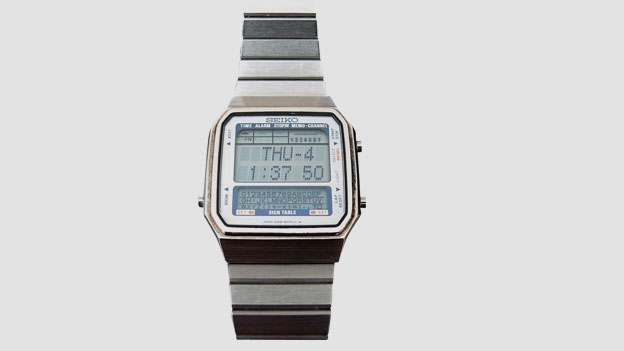
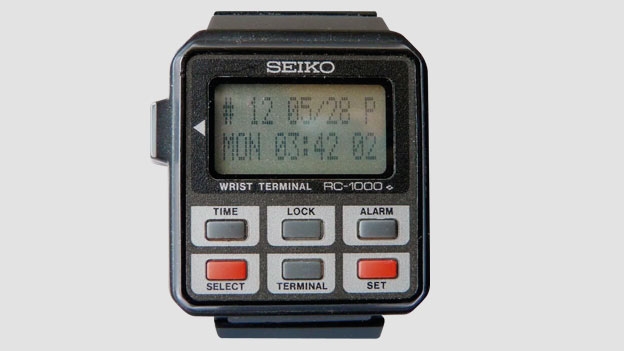
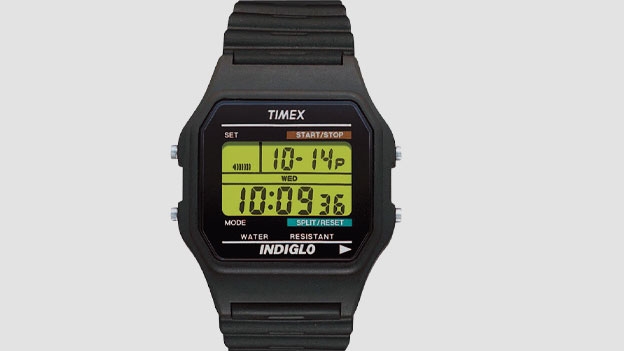
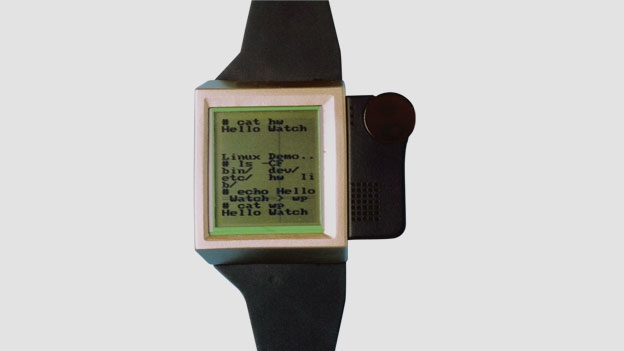
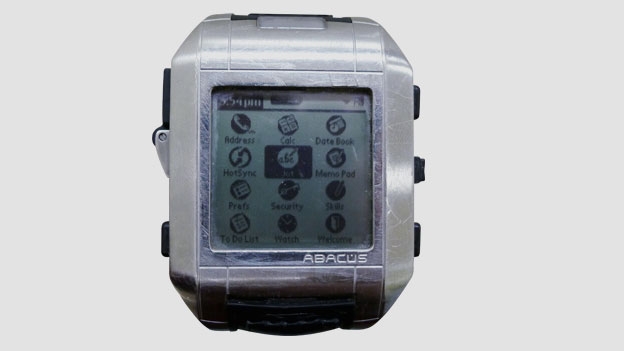
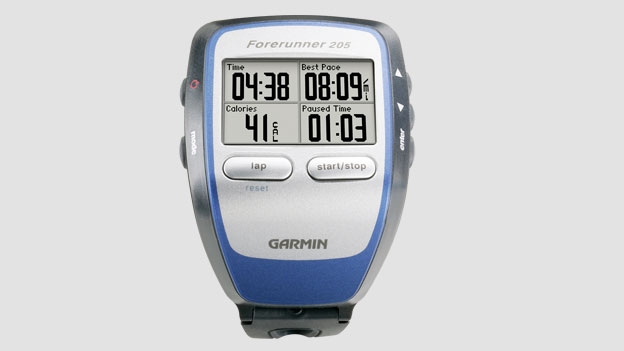
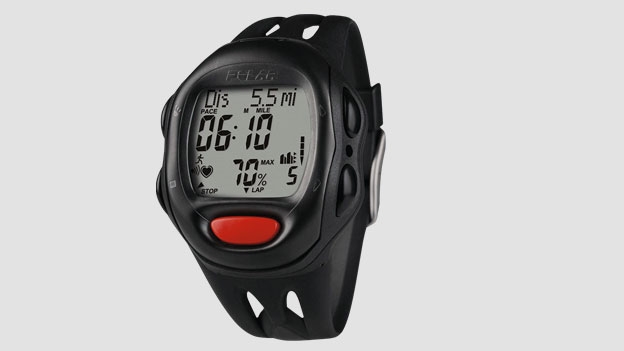
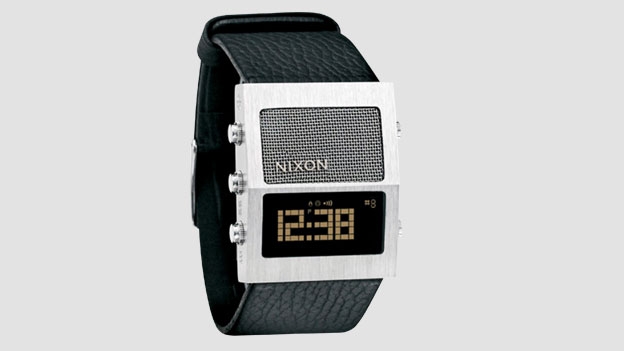
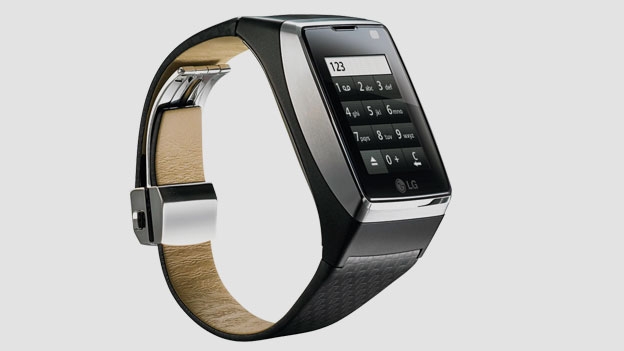
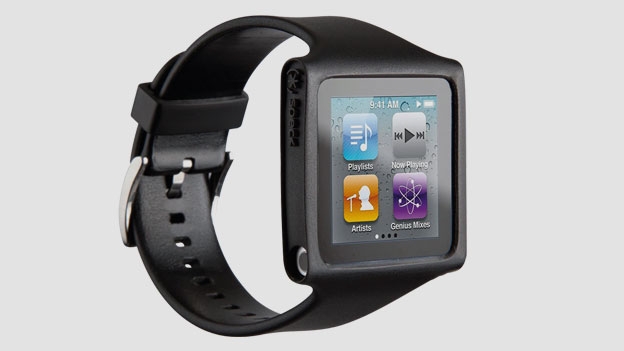
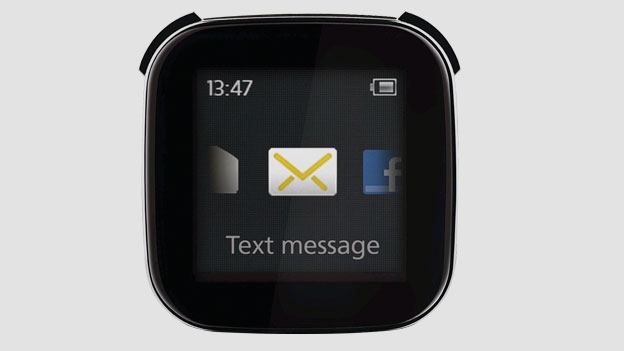
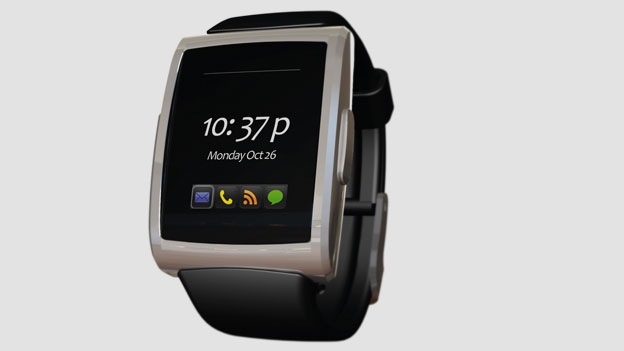
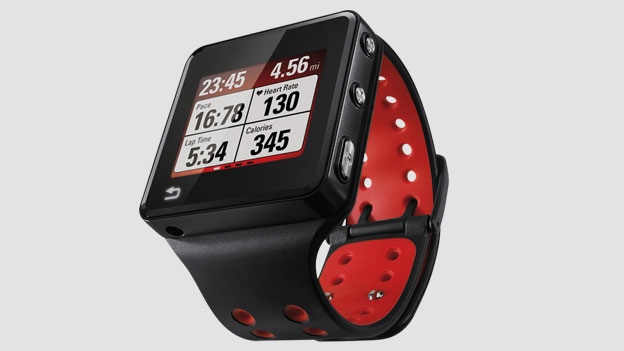
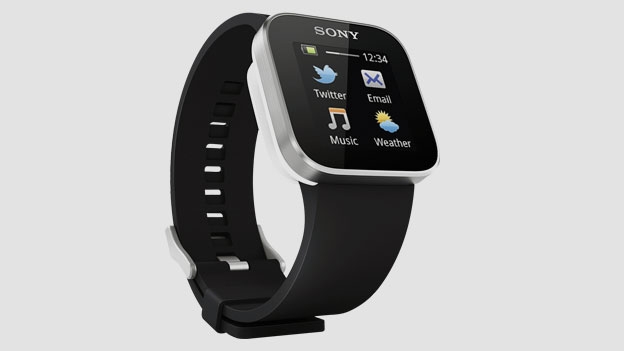
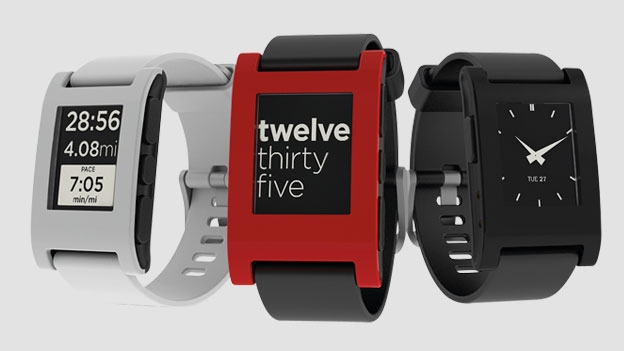
Sign up to the T3 newsletter for smarter living straight to your inbox
Get all the latest news, reviews, deals and buying guides on gorgeous tech, home and active products from the T3 experts